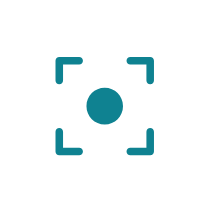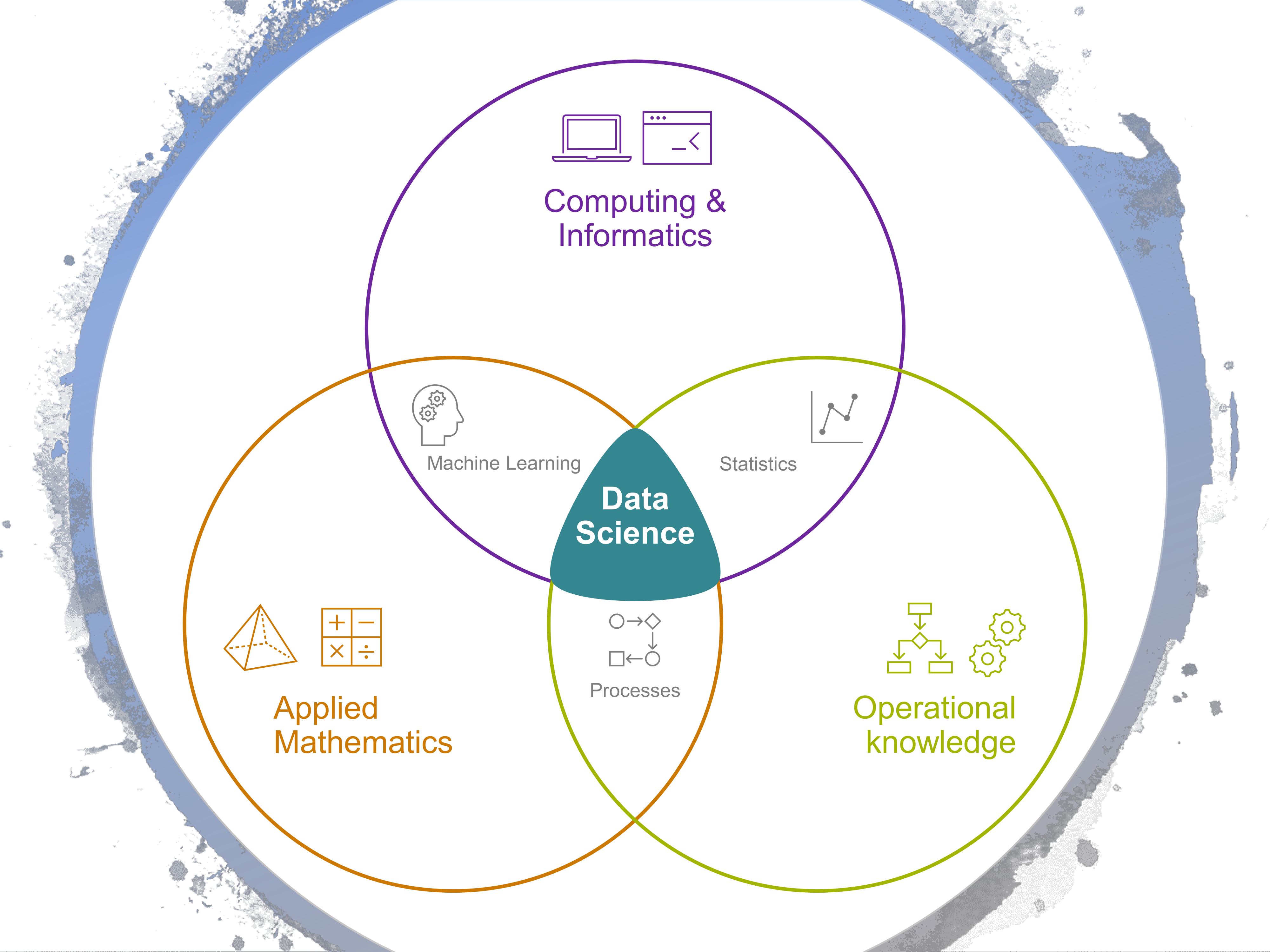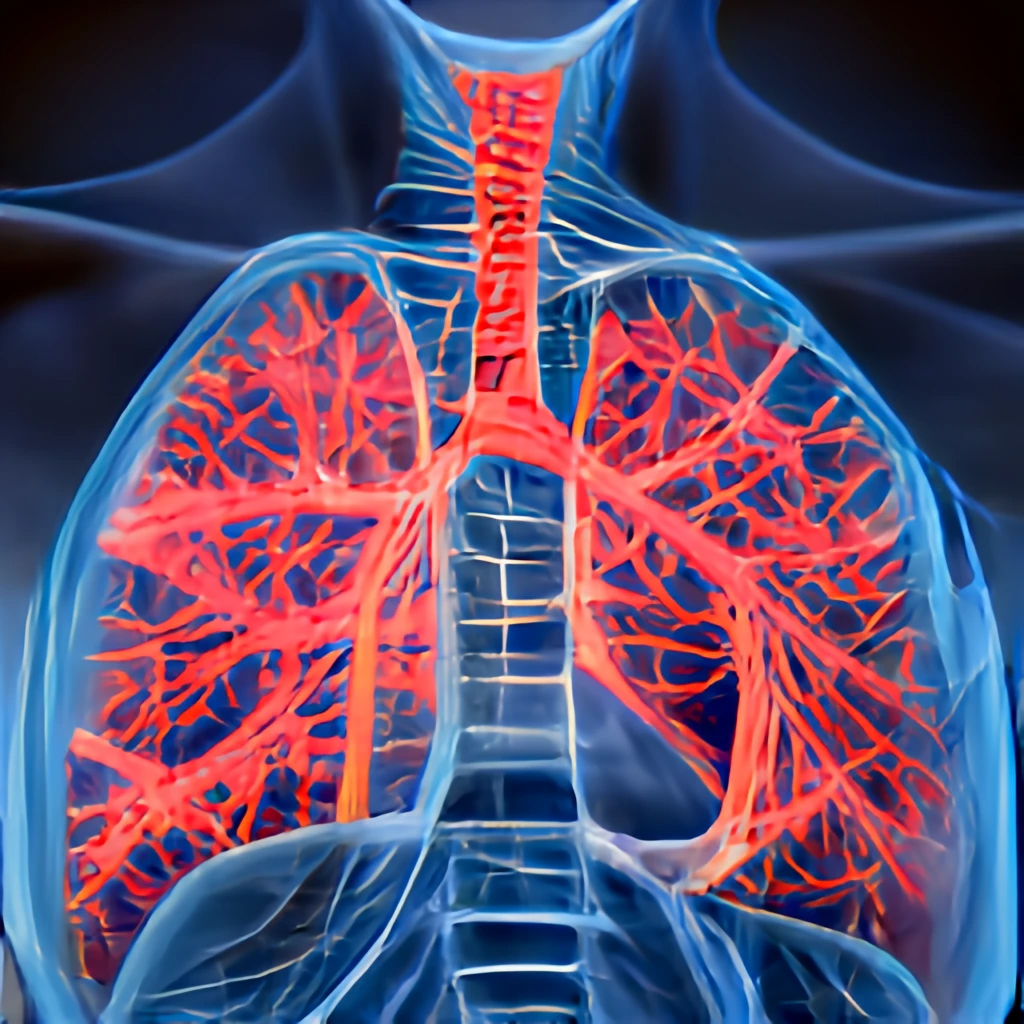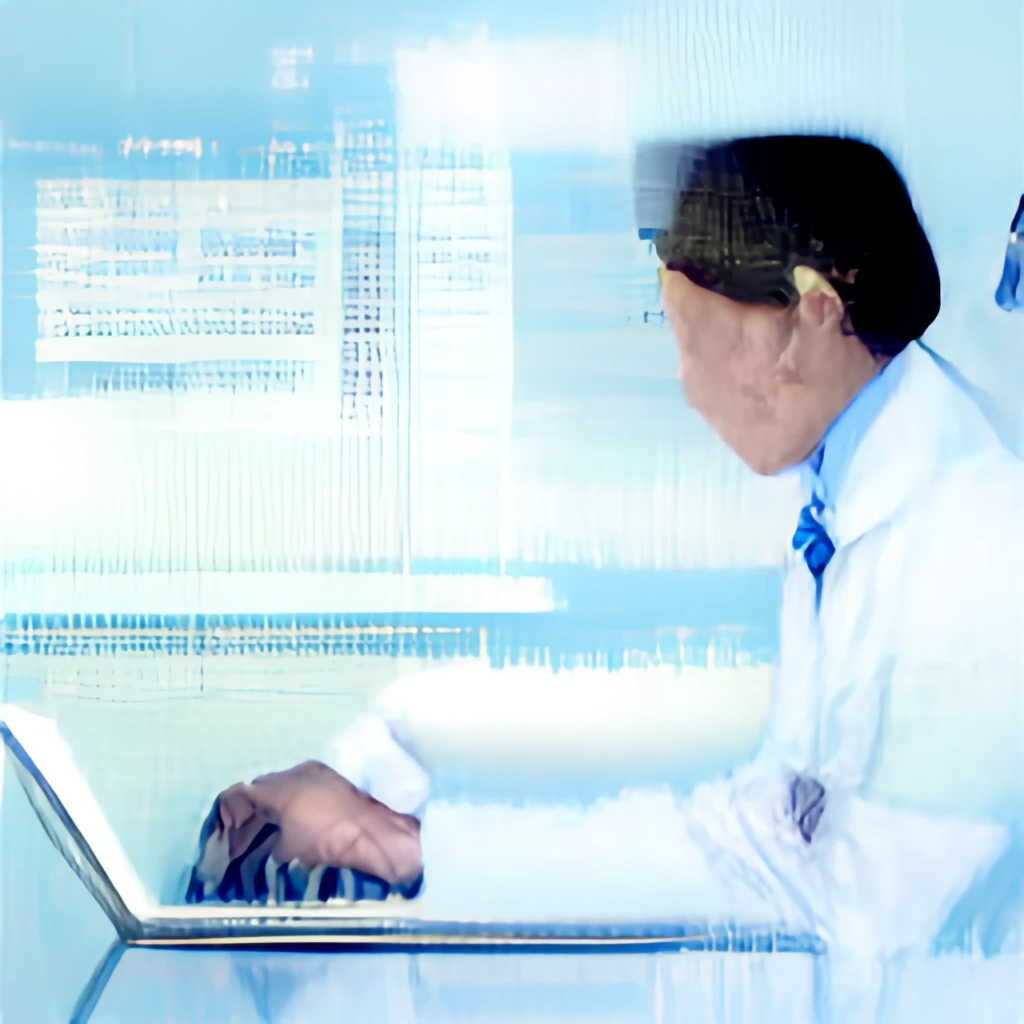
Data science
By integrating applied mathematics, computing, informatics and operational knowledge, Data Science designs new approaches to data analysis, processing and visualisation. It guides researchers through the complexity of the biological picture laid before them, to find hidden clues and patterns, offering answers to crucial cancer enigmas. Data Science empowers smart clinical trials for better and kinder designs and ensures the data collected are used at their full potential to promote the best care in the clinic of the future. With the advent of artificial intelligence in the clinic, Data Science transforms our approach to diagnosis, and treatment decision and monitoring. It enables personalised medicine and home monitoring for a kinder, more efficient and tailor-made experience of the cancer care pathway. The intervention of machines in cancer care might create wariness, but behind every algorithm is a human being. We, as a community of patients, members of the public, and scientists, have control of the future of artificial intelligence, its ethics, its equitableness and its duty to protect the patient's interest.


Discovery research forms the bedrock of medical advancement, offering unbridled exploration into the biological parameters governing cancer initiation, progression, and susceptibility. Through this research, scientists reveal crucial paradigms, biomarkers, and drugs that underpin risk stratification, tumour detection, and treatment, with the ultimate aim of achieving personalized care for every cancer patient. The advent of multi-OMICs has given rise to diverse datasets capturing the intricate complexity of cancer cells. From bulk to single-cell analysis, these data are further enriched spatially and temporally by cutting-edge imaging techniques and nanopipettes, facilitating live biopsies and longitudinal cell measurements without cell destruction. The CRUK Convergence Science Centre seeks to bolster methodological advancements in the analysis of multi-modal datasets, bridging discovery research with clinical trial data in a seamless and iterative pipeline. (see Convergence Discovery Research).
From inception to implementation and analysis, clinical trials present unique data challenges for clinicians. The longitudinal and multi-modal data encompassing outcomes, free text reports, medical imaging, biopsies, patient-reported outcomes, and digital pathology demand a wealth of Data Science expertise to derive valuable insights on the potential benefits new procedures may offer to patients. Moreover, we must draw upon decades of clinical trials to retrospectively glean invaluable lessons and progress towards designing the most effective and compassionate trials. Collaborating closely with clinicians from the Royal Marsden Hospital and the ICHT, the CRUK Convergence Science Centre endeavours to foster novel Data Science methods to ensure that information extracted during clinical trials serves the best interests of patients while empowering scientists to continuously reassess their practices from discovery to implementation (see Clinical Development).


In our interconnected world, data plays a pivotal role, and modern medicine is no exception. Every day, doctors, clinicians, nurses, and surgeons rely on computers to provide patient care. The advancement of medical technologies hinges on the invaluable contribution of data, guiding care management and treatment choices. Medical devices, from early detection to diagnosis, treatment, and monitoring, increasingly depend on data collection, processing, and analysis. Within the CRUK Convergence Science Centre, we champion technologies that merge hardware and software to gather real-time information on patient health and disease parameters, enabling optimal detection, diagnosis, treatment delivery, and monitoring (see Interventional Science). Data Science and artificial intelligence represent significant breakthroughs in medical care, enabling swift and precise decision-making for the betterment of cancer patients. In this fight against a deadly disease, time and performance stand as two major factors contributing to a beneficial outcome.
The medical field of Pathology has been undergoing several revolutions during the past decades. While Molecular Pathology brought the discipline to the scale of the molecule by embracing the full potential of OMICs, Digital Pathology uploaded what used to be only observable under a microscope to the data cloud leading to the examination of pathological samples to a resolution and depth never achieved before. The CRUK Convergence Science Centre aims to push boundaries in the evolution of digital pathology by combining innovative imaging and quantitative technologies to cutting-edge Data Science to achieve progress in diagnosis and treatment monitoring.
If you have any questions relating to the Data Science and Digital Pathology theme please contact Arnaud Legrand (arnaud.legrand@icr.ac.uk / a.legrand@imperial.ac.uk).